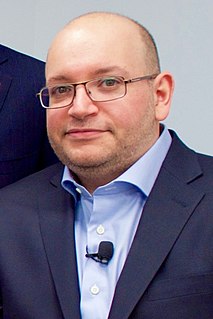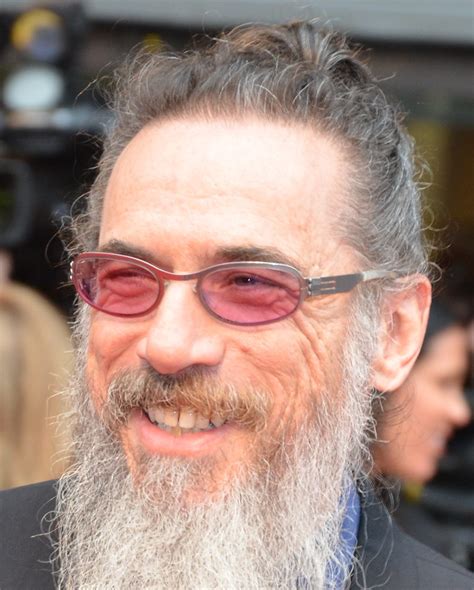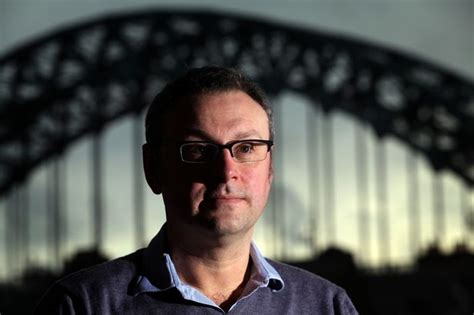A Quote by Jason Rezaian
I can just generally say that Iran is a very multilayered, controversial country. There are so many contrasts and controversies that question themselves within whole different layers. It's not an easy place to wrap up in one answer or one question. It's a very multicultural, multiethnic place.
Related Quotes
We are posing two very clear questions. The first is: Did the Holocaust actually take place? You answer this question in the affirmative. So, the second question is: Whose fault was it? The answer to that has to be found in Europe and not in Palestine. It is perfectly clear: If the Holocaust took place in Europe, one also has to find the answer to it in Europe.
We can each sit and wait to die, from the very day of our births. Those of us who do not do so, choose to ask - and to answer - the two questions that define every conscious creature: What do I want? and What will I do to get it? Which are, finally, only one question: What is my will? Caine teaches us that the answer is always found within our own experience; our lives provide the structure of the question, and a properly phrased question contains its own answer.
A dialogue is very important. It is a form of communication in which question and answer continue till a question is left without an answer. Thus the question is suspended between the two persons involved in this answer and question. It is like a bud with untouched blossoms . . . If the question is left totally untouched by thought, it then has its own answer because the questioner and answerer, as persons, have disappeared. This is a form of dialogue in which investigation reaches a certain point of intensity and depth, which then has a quality that thought can never reach.
I would answer with the words of the Stasi alumnus Wolfgang Schmidt, who was asked that question: "What about these Americans who say, I have nothing to hide?" And he said, and I quote: "This is very naïve. This is the reason that the government collects the information in the first place to use against you. The only way to prevent that is to prevent the information from being collected in the first place." End quote.
Speaking of failure, when we do our question and answer period, you look at what's happened with our Navy in terms of the number of ships and our armed forces generally, how they're so depleted, how they're at almost record-setting lows and in some cases absolute record-setting lows. It is very, very unfortunate and very, very dangerous for our country.
I only tend to think of the week ahead, to keep my eye on the ball and question whether a full stop is in the right place. It's easy to get distracted by the wrong things. If you start thinking of grand gestures, it's going to be a lot of hot air. You have to be logical. The theatre is a very logical place.
In the Marquette Lecture volume, I focus on the question in the title. I emphasize the social and political costs of being a Christian in the earliest centuries, and contend that many attempts to answer the question are banal. I don't attempt a full answer myself, but urge that scholars should take the question more seriously.
About the only question that we would say and this is a big one in our lives that we would say you don't just use pure reason to decide the answer to is anything that affects your happiness, because then gut and reason answer very different questions. So gut tells you "How do I feel about this right now?"
Have you ever heard the wonderful silence just before the dawn? Or the quiet and calm just as a storm ends? Or perhaps you know the silence when you haven't the answer to a question you've been asked, or the hush of a country road at night, or the expectant pause in a roomful of people when someone is just about to speak, or, most beautiful of all, the moment after the door closes and you're all alone in the whole house? Each one is different, you know, and all very beautiful, if you listen carefully.
































